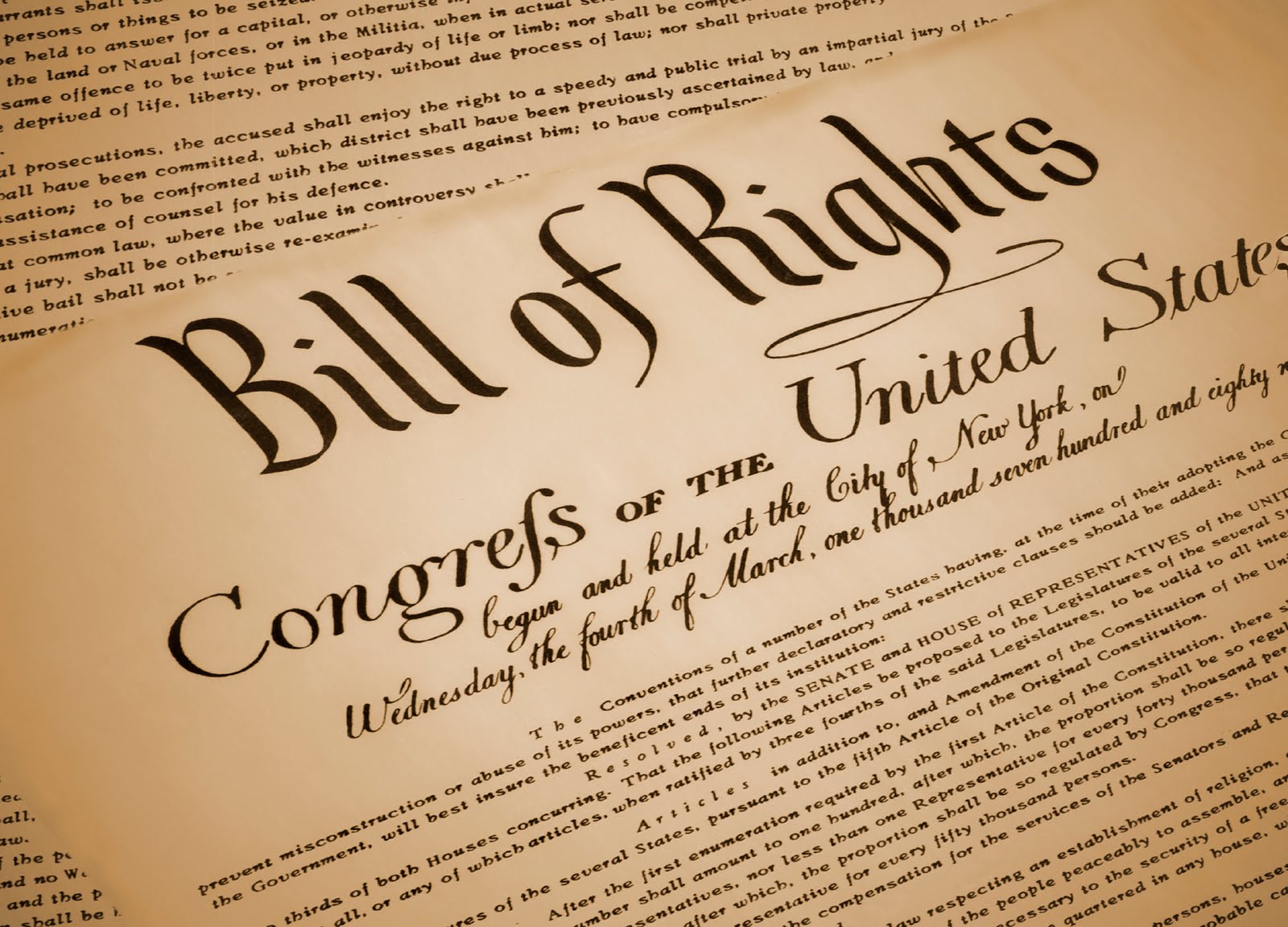By Rob Oldham
Freedom of speech protects the marketplace of ideas, which is the notion that all speech potentially has value and that free people should decide what is acceptable and what is not. For the marketplace of ideas to thrive, the government should regulate as little speech as possible, a precaution against censuring ideas that might become valuable later on. Most Americans celebrate the marketplace of ideas, with free speech being consistently chosen as our favorite constitutional protection.
But our love for free speech is sometimes put to the test, especially as new mediums of communication increase the amount of hate and bigotry reaching mainstream culture. The marketplace of ideas has greatly expanded in the last decade as social media has made it easier for regular people to speak out and be heard. World-changing ideas are no longer within the exclusive purview of elites able to organize speaking events or write newspaper columns. Anyone with internet access can now type up a Facebook post or shoot off a tweet, including fringe groups with radical and violent ideas.
The conflict between free speech and the use of social media to promote unpopular ideologies is on full display in Missouri. Lawyers for Safya Yassin, a 39-year-old mother, are arguing that Ms. Yassin’s First Amendment rights were violated when the FBI arrested her for retweeting a threatening message from ISIL. The original tweet contained the personal information of U.S. law enforcement officers and the message “wanted to kill.”

At first glance, things do not look good for Ms. Yassin. By retweeting the image, she was forwarding threats against specific law enforcement officers, which appears to run afoul of a federal statute that bans “communicating threats of violence across the internet.” Her lawyer’s argument that “wanted to kill” is not a comprehensible statement is unlikely to persuade a jury that Ms. Yassin was not encouraging violence against these individuals. However, his claim that the federal statute she is being prosecuted under is overly broad and unconstitutionally vague might compel the Supreme Court to take up her case.
A Supreme Court ruling would be instructive as Ms. Yassin’s case raises a novel question about how the right to free speech should apply to social media, particularly retweets. She provided no context for the retweet and was the vessel for the message, not its creator. If she can be charged with making what is known as “true threat,” then would the same logic apply to liking a controversial Facebook post? What about retweeting an image that is intended to educate, but is interpreted as threatening? Many Twitter users claim that retweets are not endorsements of the message’s content. Journalists often them to advertise outrageous quotes from political candidates. Is there a limit to their freedom as well?
The Supreme Court dealt with a similar issue in Elonis v. United States, a 2015 case where a man was charged with threatening his wife via Facebook posts. Elonis claimed that he was an amateur rapper and that the threatening lyrics in his posts were being taken out of context. The government said that the posts would have been clearly threatening to a “reasonable observer.” The Court returned a somewhat muddled opinion on the issue, ruling that under the federal threats statute judges could not instruct juries to use the “reasonable observer” standard. However, it did not address the question of whether the First Amendment requires the government to prove that the defendant intended to issue a threat.
If the First Amendment does require intent, Ms. Yassin’s would be hard to pin down. It is unlikely that any of the law enforcement officers named in the retweet followed her Twitter account, so it would be hard for the government to argue that she was intending the retweet to threaten them, even if it did make her other followers uncomfortable. Social media allows users to put whatever speech they want in front of the public without context or a hint of their motivation. Are users really responsible for the actions that follow or the feelings that their posts create in others? Donald Trump, known for his controversial retweets that are commonly criticized as racist, doesn’t seem to think so.
The government claims it has access to encrypted messages Ms. Yassin sent to another user that prove she is an ISIL sympathizer. Many of her posts also seem to suggest an affinity for the terrorist organization and its violent ways. This probably provides enough context for prosecutors to say that Ms. Yassin intended her retweet to threaten violence. But putting that aside, there can still be a genuine debate about how the government should confront possibly dangerous speech that has the potential to explode via social media.

Past true threat cases were almost always decided using context. The court even made it part of the legal test to be applied. But with social media, context will be harder and harder to gauge and, in an era of online activism, overly broad laws could be used to shut down speech that the government does not care for. It is not difficult to imagine states’ true threat laws being used to punish activists from Black Lives Matter or pro-life groups when similarly ambiguous posts inevitably arise. A new legal test for how the government should view social media and what is required to constitute a true threat could clarify what online speech the First Amendment protects and what it does not.
For Ms. Yassin in particular, the odds do not look good. The government has a 100 percent conviction rate when it comes to ISIL supporters and her targeting of law enforcement officers will not win her much public sympathy. Indeed, it is likely that Ms. Yassin’s speech is not constitutionally protected. But court rulings on the issue could carve out important caveats in how the true threat doctrine applies to social media. Some legal experts are already calling for limits on free speech in the form of anti-propaganda laws. While these might be useful in keeping ISIL off our computer screens, they do little to foster a healthy public debate over ideology, which is the only way that radical jihadism will be defeated in the long run.
Some of the most important developments in First Amendment law have come from cases where the defendants belonged to politically unpopular groups, including Bolshevik revolutionaries and the Ku Klux Klan. However repugnant their actions, the legal precedents established in their cases went on to create a more open and robust discussion where Americans could better decide which ideas should shape our future. As Ms. Yassin should have known, free speech is not an absolute right. Still, the government and the courts should be exceedingly careful when deciding the limits of our public debate.


